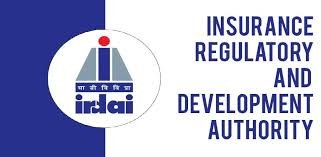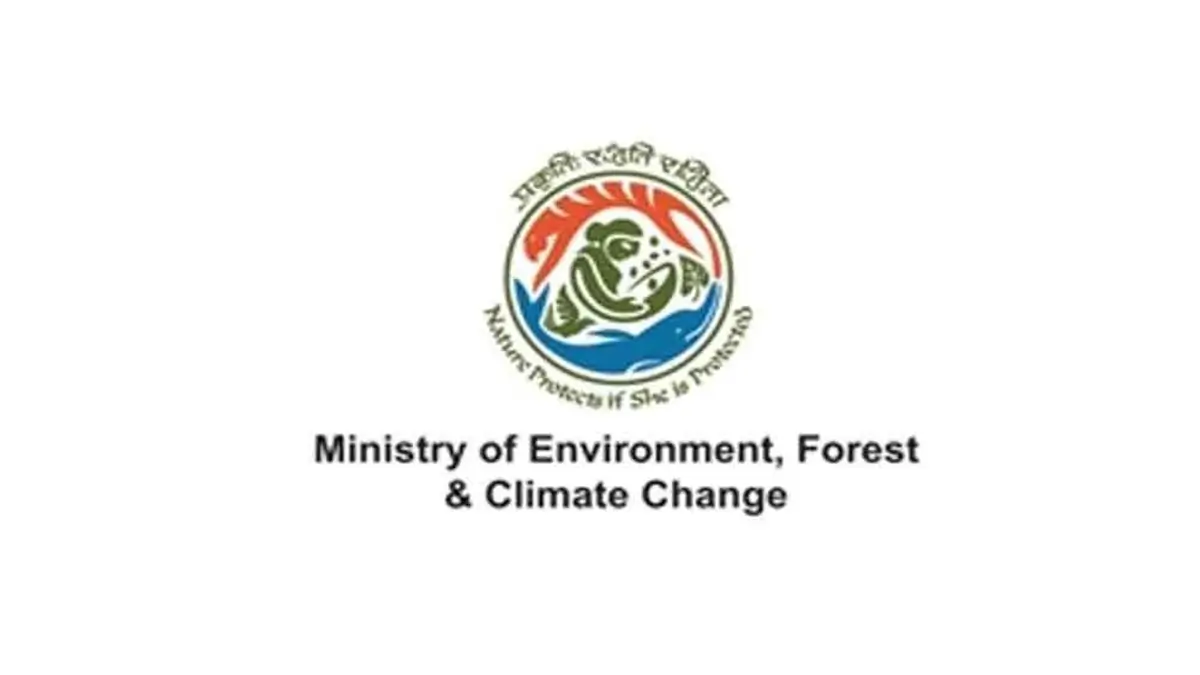IRDAI Mandates Shorter Audit Tenures to Boost Governance in Insurance Sector
The Insurance Regulatory and Development Authority of India (IRDAI) has introduced new regulations mandating shorter audit tenures for insurance companies. This significant move aims to enhance governance, accountability, and transparency within the insurance sector.
New Audit Tenure Regulations
Under the new guidelines, IRDAI has stipulated that audit firms can now serve a maximum tenure of three years for any given insurance company. This policy is a departure from the previous tenure, which allowed for longer associations between auditors and their clients. The change is designed to prevent complacency and ensure that audits remain thorough and unbiased.
Impact on Governance
Shorter audit tenures are expected to improve the governance of insurance companies. Frequent rotation of auditors can help in identifying irregularities and potential frauds that might be overlooked by long-standing auditors. This measure will compel insurance companies to maintain high standards of internal controls and compliance, contributing to a more robust regulatory environment.
Enhancing Accountability
With the introduction of shorter tenures, auditors will be under increased pressure to deliver high-quality audits within a limited timeframe. This increased scrutiny is likely to enhance their accountability, ensuring that they remain diligent and objective in their evaluations. This shift aligns with global best practices aimed at maintaining auditor independence and improving audit quality.
Transparency in the Insurance Sector
The move towards shorter audit tenures is also a step towards greater transparency. By limiting the duration of audit engagements, IRDAI is encouraging a fresh perspective on the financial statements of insurance companies. This initiative is expected to result in more transparent and accurate reporting, fostering trust among policyholders and stakeholders.
Industry Response
The insurance industry has shown a mixed response to the new regulations. While some view the shorter tenures as a positive step towards strengthening governance, others are concerned about the potential disruptions and increased costs associated with frequent auditor changes. However, the overall consensus acknowledges the long-term benefits of improved audit quality and enhanced regulatory compliance.

Why This News is Important
Relevance to Governance and Compliance
This news is critical as it addresses key issues of governance and compliance within the insurance sector. By mandating shorter audit tenures, IRDAI aims to curb malpractices and ensure that insurance companies adhere to stringent regulatory standards. This move is expected to have a ripple effect, encouraging better governance practices across the financial sector.
Impact on the Insurance Industry
For students preparing for exams in banking, finance, and insurance, understanding the implications of this regulatory change is crucial. It highlights the evolving landscape of the insurance industry and the ongoing efforts to strengthen its regulatory framework. This knowledge is essential for future professionals who will navigate and contribute to this industry.
Broader Economic Implications
The decision by IRDAI also has broader economic implications. Improved governance in the insurance sector can enhance investor confidence and attract more investments, contributing to the overall stability and growth of the economy. For aspirants of civil services and economic planning roles, this news provides insights into regulatory measures that can influence economic development.
Historical Context
Background on IRDAI
The Insurance Regulatory and Development Authority of India (IRDAI) was established in 1999 to regulate and develop the insurance industry in India. Its primary objectives include protecting policyholder interests, ensuring the financial soundness of the insurance market, and promoting fair competition.
Evolution of Audit Regulations
Historically, audit tenures in the insurance sector were longer, often extending beyond three years. However, global trends have shifted towards shorter audit periods to prevent conflicts of interest and ensure objectivity. The new IRDAI regulations align with international standards, reflecting a commitment to adopting best practices in financial governance.
Key Takeaways from IRDAI’s Mandate on Shorter Audit Tenures
| Serial No. | Key Takeaway |
|---|---|
| 1 | IRDAI has mandated a maximum audit tenure of three years for insurance companies. |
| 2 | Shorter audit tenures aim to enhance governance, accountability, and transparency. |
| 3 | The new regulations align with global best practices in audit and financial governance. |
| 4 | Industry response is mixed, with concerns about disruptions but overall support for improved audit quality. |
| 5 | This move is expected to foster trust among policyholders and stakeholders, enhancing the sector’s regulatory compliance. |
Important FAQs for Students from this News
Q1: What is the new maximum audit tenure mandated by IRDAI for insurance companies?
A1: The new maximum audit tenure mandated by IRDAI for insurance companies is three years.
Q2: Why has IRDAI introduced shorter audit tenures?
A2: IRDAI introduced shorter audit tenures to enhance governance, accountability, and transparency within the insurance sector.
Q3: How are shorter audit tenures expected to improve governance?
A3: Shorter audit tenures are expected to improve governance by ensuring frequent rotation of auditors, which can help in identifying irregularities and potential frauds, thus maintaining high standards of internal controls and compliance.
Q4: What are the potential concerns raised by the industry regarding the new audit tenure regulations?
A4: Some concerns raised by the industry include potential disruptions and increased costs associated with frequent auditor changes.
Q5: How does this new regulation align with global best practices?
A5: This new regulation aligns with global best practices by adopting shorter audit periods, which prevent conflicts of interest and ensure the objectivity and independence of auditors.
Some Important Current Affairs Links

















